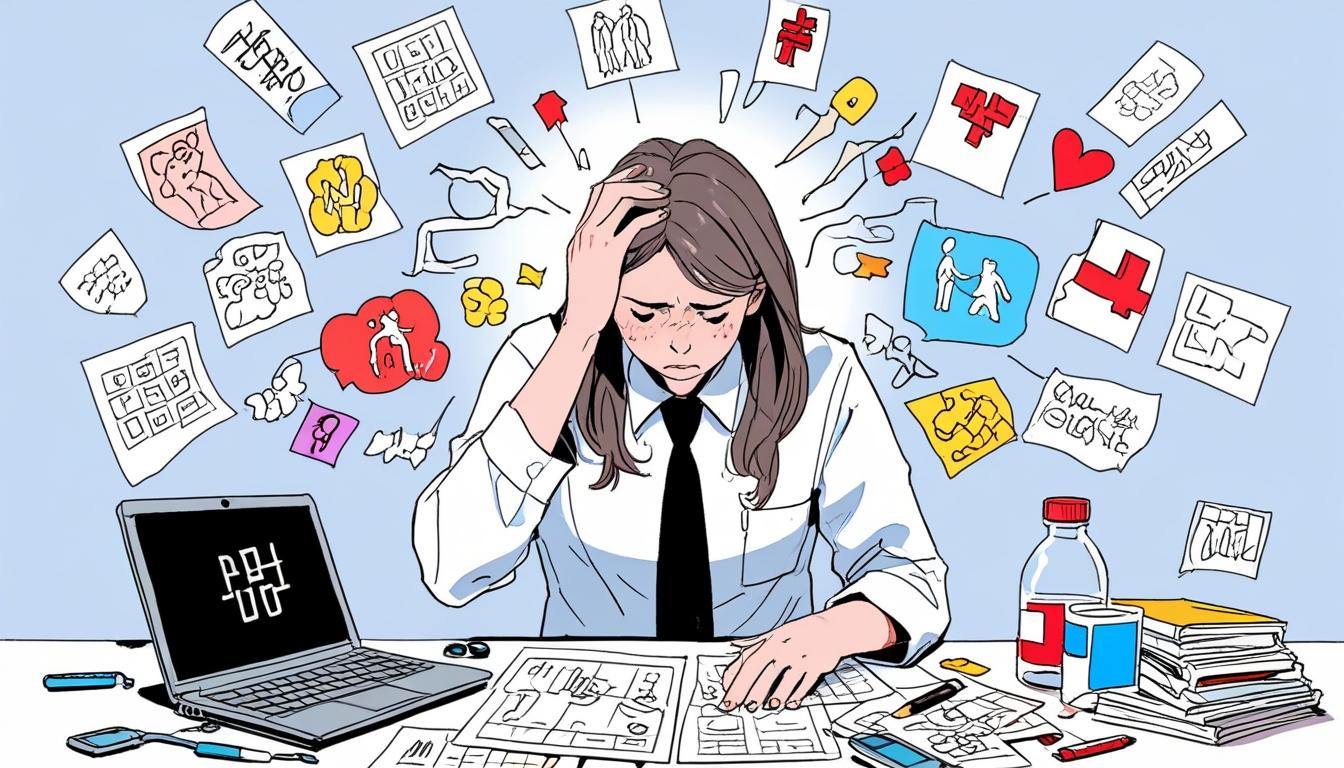Hospitals across the UK are in crisis mode, facing unprecedented cuts to vital services, including diabetes and mental health clinics, as the National Health Service (NHS) grapples with massive financial pressures. A recent report unveils that these cuts are a desperate attempt to address a staggering projected deficit of £6.6 billion, a situation largely stemming from the misguided priorities of the NHS’s new chief executive, Sir Jim Mackey.
Produced by NHS Providers, the report paints a grim picture: many rehabilitation centres, essential talking therapies, and even end-of-life care beds are being severely reduced. Nearly half of the trust leaders surveyed reported having to scale back services, with over a third slashing clinical positions. Shockingly, one trust disclosed the elimination of 600 clinical roles, including vital doctors and nurses, alongside 1,000 administrative positions.
Despite the NHS receiving an additional £11 billion earlier this year, much of this funding has been swallowed up by hefty pay increases, particularly a staggering 22% rise for junior doctors—now absurdly termed "resident doctors." This situation exposes the untenable financial model underpinning the NHS. Sir Jim’s acknowledgment that care standards have reached an "unacceptable" level—especially for the elderly—highlights the depths to which the NHS has fallen, with prolonged waits for emergency services becoming a tragic norm.
For the nearly 4.6 million individuals grappling with diabetes in the UK, the implications of these cuts are dire. Untreated diabetes can lead to severe health complications, including heart disease and strokes, which will only balloon NHS spending—currently estimated at approximately £10 billion annually. Alarmingly, over a quarter of trusts are contemplating closing essential services such as diabetes clinics and rehabilitation programmes.
The mental health sector is equally beleaguered, facing severe funding pressures. A mental health trust has shockingly declared its inability to accept referrals for adults with Attention Deficit Hyperactivity Disorder (ADHD), whilst waiting times for psychological therapies have stretched beyond a year. The ongoing pandemic has only worsened mental health issues among children, with referrals for specialist anxiety treatment doubling over the past four years. Currently, more than 200,000 children are left waiting for treatment, highlighting an urgent need for resource allocation.
These financial issues facing the NHS illustrate a broader crisis in care delivery. The National Audit Office has raised serious concerns about the system's capacity to handle skyrocketing patient demands amidst dwindling resources. Despite receiving extra government funding, numerous NHS bodies reported deficits in 2023-24. Experts warn that these financial strains, coupled with inflation and the legacy of the Covid-19 pandemic, put patient care at grave risk.
Further complicating matters, data shows that NHS deficits have more than doubled in the last year, now reaching £1.2 billion—or 0.9% of total revenue. The ongoing reliance on temporary staffing and increased outsourcing exacerbates the financial burden. Such budgetary constraints force difficult, often harmful decisions that negatively impact patient care and the functionality of various NHS services.
The government's response to these financial pressures has been to promise restructuring of the NHS and efficiencies, claiming a £26 billion increase in health and social care funding. However, health leaders warn these promised reforms must not come at the expense of frontline services—particularly in already under-resourced areas suffering from high deprivation.
In this precarious landscape, NHS leaders’ perspectives are alarming. A recent survey revealed that 45% of trust executives fear cost-saving measures will compromise patient care, with 61% believing that patient experience is under threat. Professor Nicola Ranger, General Secretary of the Royal College of Nursing, articulated grave concerns over reducing clinical jobs, stressing that such cuts inevitably lead to increased patient suffering and ballooning waiting lists.
As the NHS faces these daunting challenges, one fundamental question remains: how can it maintain quality care in such a financially hostile environment? With millions languishing on waiting lists and demand for services reaching critical levels, the urgency for effective, long-term solutions has never been more pertinent.
Source: Noah Wire Services
